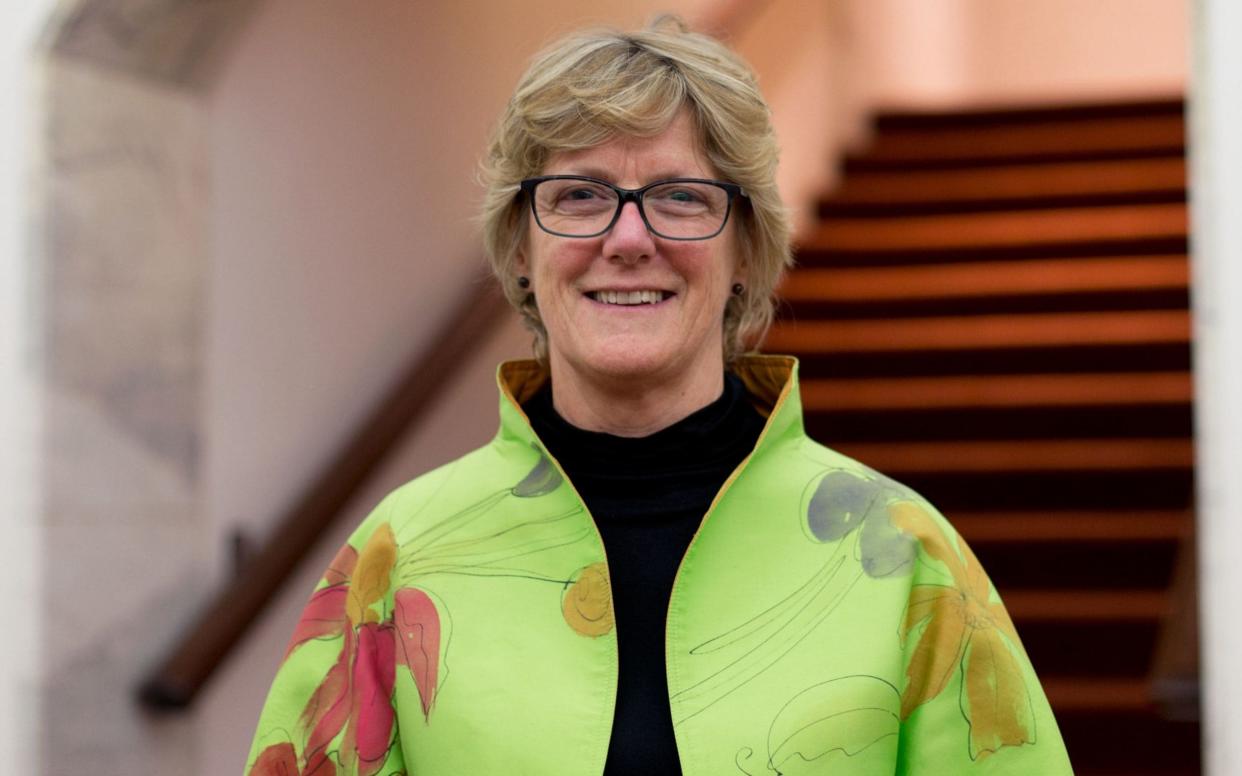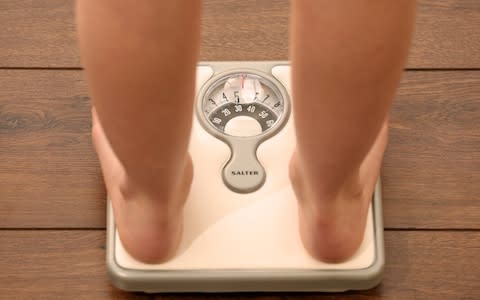Crackdown on junk food ads as Chief Medical Officer warns of impact of social media promotions

Children's taste buds are being altered by a bombardment of junk food adverts, the country’s chief medical officer has warned, as ministers pledge to crack down on Facebook and YouTube promotions.
Prof Dame Sally spoke out as the Government launched proposals for a 9pm watershed on advertising foods high in fat, sugar and salt, covering both television and online media.
Ministers said they would examine all options in a bid to tackle childhood obesity, which they said was now one of the biggest health problems facing Britain.
The consultation proposes that unhealthy products should not be advertised on TV screens before 9pm.
And it says restrictions on social media and online streaming site could be covered by the same ban - with advertisers only excluded if they could provide strong evidence that they are not targeting children.
Other options put forward include changing thresholds which allow foods to be advertised, or placing time limits on adverts. Currently those classed as unhealthy should not be advertised online if more than the quarter of the audience is children.

Writing in The Sunday Telegraph, Dame Sally said: “As almost any parent will attest, persuading a child to eat healthily is no mean feat. This is being made even harder by the bombardment of advertising our children are seeing on TV and online; and their taste buds change as a result.
“Evidence shows us that seeing these adverts can affect what and when children eat, both just after seeing the advert and in the longer-term shaping children’s food preference from a young age.”
Last year a study by Cancer Research UK that watching one extra junk food advertisement a week means children eat an additional 18,000 calories a year.
One in three children are overweight or obese by the time they leave primary school.
Dame Sally said: “With more children going online, government policy needs to protect children, by adapting to the algorithms that target children with embedded adverts appealing to their age, location and preferences. The Government will rightly look at how new rules for TV could be mirrored not just on streaming sites but on social media and YouTube too.”
Under current rules, advertisements for foods high in fat, sugar or salt are not allowed during “children’s television”, but the majority of children’s viewing occurs between 6pm and 9pm, watching family shows.
Estimates suggest that children are exposed to more than 4 billion adverts a year on TV and online.
Jeremy Wright, Culture Secretary, said: “We know that childhood obesity is one of the biggest health problems that our country faces. With children spending more time online it’s vital that we look at all options to help us take action and improve the health of the nation - whether through increasing participation in sport, promoting healthy living through our media or through advertising.
“The UK already has some of the toughest advertising restrictions in the world, but it is only right that we consult on further action on TV and online advertising for products that are high in fat, salt or sugar as part of our approach to tackling childhood obesity,” he said.
Officials said the restrictions would exclude everyday staples, such as olive oil, butter and meat.
Steve Brine, public health minister said: “It is not right that our children are so widely and easily exposed to adverts promoting foods high in fat, sugar and salt. Small amounts of excess calories every day over a long time causes obesity and all the associated health concerns.”
Caroline Cerny, from the Obesity Health Alliance, a coalition of 40 charities and pressure groups, said: “The evidence is clear – junk food adverts are impacting children’s health and the current regulations are outdated and riddled with loopholes. A 9pm watershed on unhealthy food adverts both on TV and online is desperately needed and supported not only by health experts but also over 70 per cent of the public. It’s the right thing to do for children’s future health.”
Tim Rycroft, chief operating officer for the Food and Drink Federation, which represents manufacturers, accused ministers of "failing to notice that the UK is still not out of the Brexit logjam, nor that food and drink companies are battling to ensure the nation is fed."
“Until a delay to the 29 March withdrawal date is agreed by the UK and EU, and Parliament removes that date from the Withdrawal Act, manufacturers will have a total focus on averting the catastrophe of a no-deal Brexit, avoiding food shortages and keeping prices rises to a minimum," he said.

